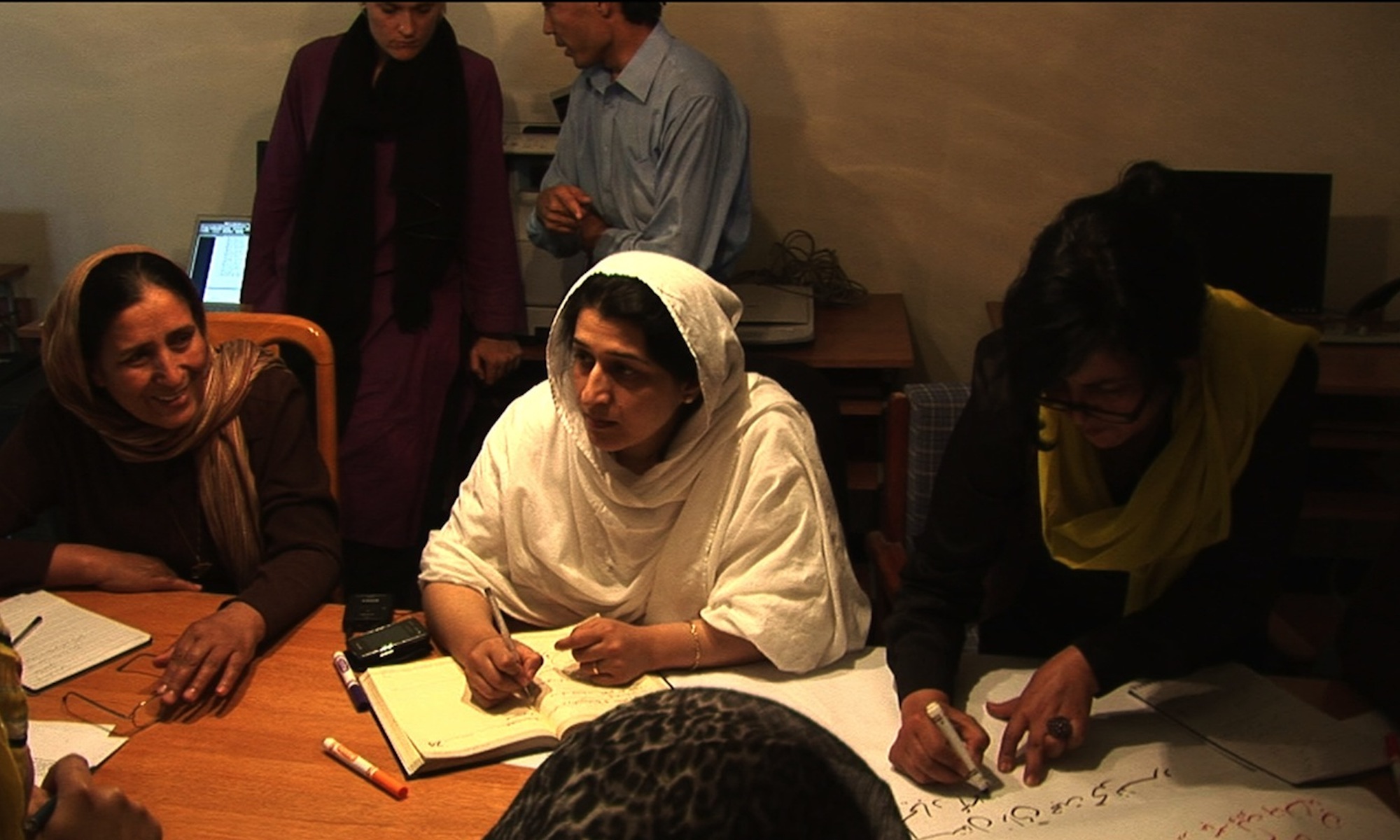This article assesses the challenges of state revival in Somalia. It reviews the roots of state collapse in the country, attempts to explain the repeated failure of state-building projects, tracks trends in contemporary governance in Somalia and Somaliland, and considers prospects for integrating local, “organic” sources of governance with top-down, “inorganic” state-building processes. The Somalia case can be used both to document the rise of governance without government in a zone of state collapse and to assess the changing interests of local actors seeking to survive and prosper in a context of state failure. The interests of key actors can and do shift over time as they accrue resources and investments; the shift “from warlord to landlord” gives some actors greater interests in governance and security, but not necessarily in state revival; risk aversion infuses decision making in areas of state failure; and state-building initiatives generally fail to account for the existence of local governance arrangements. The possibilities and problems of the “mediated state model,” in which weak states negotiate political access through existing local authorities, are considerable.
Vicious Circles and the Security Development Nexus in Somalia
The metaphor of the vicious circle is deeply embedded in analysis of protracted conflicts. Yet in at least some instances conflicts that appear to be self-reinforcing in the short term are in the longer run producing conditions out of which new political orders can emerge. These protracted conflicts are thus dynamic, not static, crises and require post-conflict assistance strategies that are informed by accurate trend analysis. The case of Somalia is used to illustrate the dramatic changes that occur over time in patterns of armed conflict, criminality, and governance in a collapsed state. These changes have produced a dense network of informal and formal systems of communication, cooperation, and governance in Somalia, helping local communities adapt to state collapse, manage risk, and provide for themselves a somewhat more predictable environment in which to pursue livelihoods. Crucial to this evolution of anarchy in Somalia has been the shifting interests of an emerging business community, for whom street crime and armed conflict are generally bad for business.
